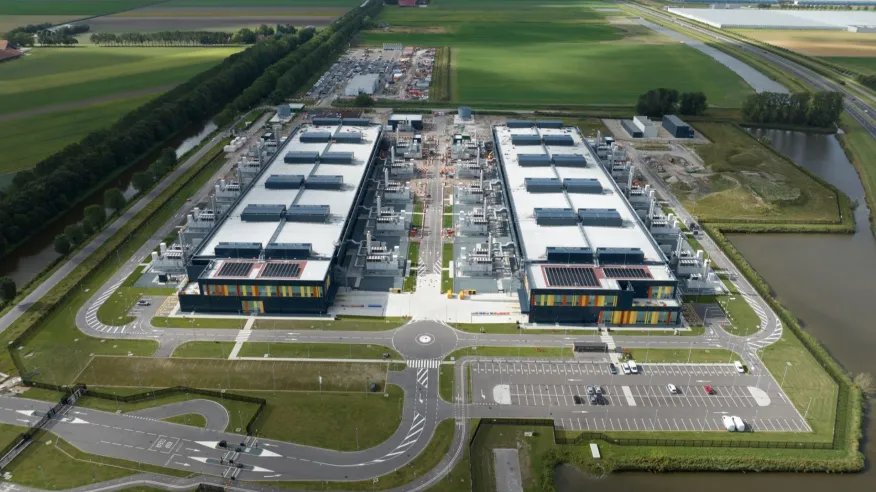30 December 2025

Unlock Infinite Advantages: Subscribe to Annual Membership
Image Credits: The Cool Down
In an era when the battle against climate change increasingly demands technological ingenuity as much as political will, a young enterprise, Arbor energy, has announced a potentially game-changing intervention. The Louisiana-based startup has secured a formidable $41 million in funding to erect its first commercial-scale power facility one that will alchemize waste biomass into electricity while simultaneously sequestering carbon dioxide.
The investment comes courtesy of Frontier, a pioneering “advance market commitment” initiative underwritten by Silicon Valley behemoths including Google, Meta, and Stripe. Frontier’s mission is as ambitious as it is urgent: to accelerate the development of robust carbon-removal technologies. In accordance with Arbor, the startup has pledged to excise 116,000 tons of carbon dioxide from the atmosphere by 2030, deploying a process it dubs biomass carbon removal and storage
What makes BiCRS particularly compelling is its elegant symbiosis with nature’s own design. As Hannah Bebbington, Frontier’s head of deployment, astutely observed, the capture component comes gratis. Plants, in their silent photosynthetic diligence, have already absorbed atmospheric carbon; all that remains is to extract and safely entomb it. Arbor asserts that its technology can capture an astounding 99% of the carbon dioxide produced in the conversion process, prompting CEO Brad Hartwig to whimsically christen it a vegetarian power plant.
The implications are momentous. At a time when data centers, those sprawling digital fortresses that power our internet civilization, are devouring electricity at prodigious rates, supplying them with carbon-neutral energy represents both ecological prudence and industrial necessity. Equally important is the diversion of waste biomass, the organic detritus generated by innumerable human activities, from breweries to agriculture. Astonishingly, as much as five gigatons of such biomass are produced annually, a prodigious reservoir of potential energy awaiting responsible harnessing.
Arbor Energy’s plant, however, will not indiscriminately consume this bounty. Only biomass that satisfies stringent sustainability criteria will be admitted into its crucible. The alchemy itself is fascinating: under high pressure, carbon dioxide dissolves the biomass, liberating hydrogen and carbon monoxide. These gases, subjected to combustion, generate both additional gases and the requisite heat, which turbines transmute into electricity. A fraction of the resulting carbon dioxide is repurposed within the facility, while the remainder is spirited away to secure, permanent storage.
The environmental dividends of this approach are not merely incremental but transformative. By ensuring that fewer heat-trapping emissions escape into the atmosphere, BiCRS could play a pivotal role in our planetary quest for equilibrium. That the process concurrently produces clean, renewable power only sweetens the proposition.
In Arbor Energy’s gambit, then, lies a tantalizing glimpse of a future where human industry, rather than being an incorrigible antagonist of the biosphere, may become its unlikely custodian. If this Louisiana experiment scales successfully, it could signal a paradigm shift: from energy systems that imperil our climate to ones that remediate it.
30 December 2025
27 October 2025
24 October 2025
23 October 2025
We offer automotive expertise for market projections and customizable research, adaptable to diverse strategic approaches.
Contact Us